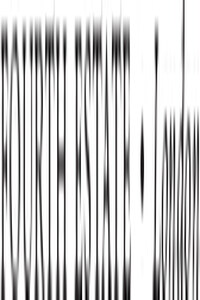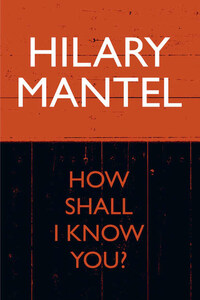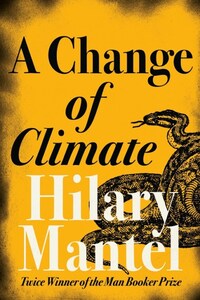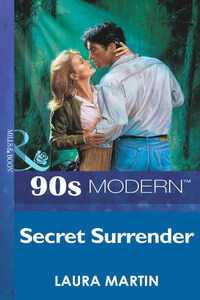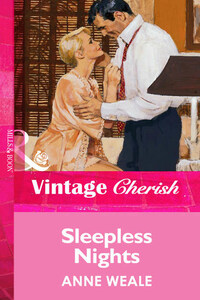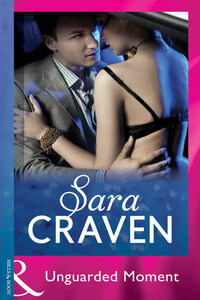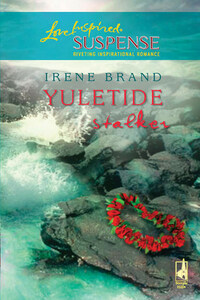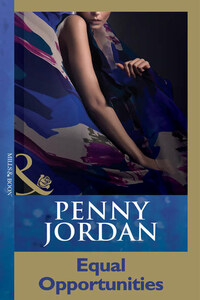Travelling: the dank oily days after Christmas. The motorway, its wastes looping London: the margin’s scrub-grass flaring orange in the lights, and the leaves of the poisoned shrubs striped yellow-green like a cantaloupe melon. Four o’clock: light sinking over the orbital road. Teatime in Enfield, night falling on Potters Bar.
There are nights when you don’t want to do it, but you have to do it anyway. Nights when you look down from the stage and see closed stupid faces. Messages from the dead arrive at random. You don’t want them and you can’t send them back. The dead won’t be coaxed and they won’t be coerced. But the public has paid its money and it wants results.
A sea-green sky: lamps blossoming white. This is marginal land: fields of strung wire, of treadless tyres in ditches, fridges dead on their backs, and starving ponies cropping the mud. It is a landscape running with outcasts and escapees, with Afghans, Turks and Kurds: with scapegoats, scarred with bottle and burn marks, limping from the cities with broken ribs. The life forms here are rejects, or anomalies: the cats tipped from speeding cars, and the Heathrow sheep, their fleece clotted with the stench of aviation fuel.
Beside her, in profile against the fogged window, the driver’s face is set. In the back seat, something dead stirs, and begins to grunt and breathe. The car flees across the junctions, and the space the road encloses is the space inside her: the arena of combat, the wasteland, the place of civil strife behind her ribs. Heart beats, the tail lights wink. Dim lights shine from tower blocks, from passing helicopters, from fixed stars. Night closes in on the perjured ministers and burnt-out paedophiles, on the unloved viaducts and graffitied bridges, on ditches beneath mouldering hedgerows and railings never warmed by human touch.
Night and winter: but in the rotten nests and empty setts, she can feel the signs of growth, intimations of spring. This is the time of Le Pendu, the Hanged Man, swinging by his foot from the living tree. It is a time of suspension, of hesitation, of the indrawn breath. It is a time to let go of expectation, yet not abandon hope; to anticipate the turn of the Wheel of Fortune. This is our life and we have to lead it. Think of the alternative.
A static cloud bank, like an ink smudge. Darkening air.
It’s no good asking me whether I’d choose to be like this, because I’ve never had a choice. I don’t know about anything else, I’ve never been any other way.
And darker still. Colour has run out from the land. Only form is left: the clumped treetops like a dragon’s back. The sky deepens to midnight blue. The orange of the street lights is blotted to a fondant cerise; in pastureland, the pylons lift their skirts in a ferrous gavotte.
Colette put her head round the dressing-room door. ‘All right?’ she said. ‘It’s a full house.’
Alison was leaning into the mirror, about to paint her mouth on. ‘Could you find me a coffee?’
‘Or a gin and tonic?’
‘Yes, go on then.’
She was in her psychic kit now; she had flung her day clothes over the back of a chair. Colette swooped on them; lady’s maid was part of her job. She slid her forearm inside Al’s black crêpe skirt. It was as large as a funerary banner, a pall. As she turned it the right way out, she felt a tiny stir of disgust, as if flesh might be clinging to the seams.
Alison was a woman who seemed to fill a room, even when she wasn’t in it. She was of an unfeasible size, with plump creamy shoulders, rounded calves, thighs and hips that overflowed her chair; she was soft as an Edwardian, opulent as a showgirl, and when she moved you could hear (though she did not wear them) the rustle of plumes and silks. In a small space, she seemed to use up more than her share of the oxygen; in return her skin breathed out moist perfumes, like a giant tropical flower. When you came into a room she’d left – her bedroom, her hotel room, her dressing room backstage – you felt her as a presence, a trail. Alison had gone, but you would see a chemical mist of hairspray falling through the bright air. On the floor would be a line of talcum powder, and her scent – Je Reviens – would linger in curtain fabric, in cushions and in the weave of towels. When she headed for a spirit encounter, her path was charged, electric; and when her body was out on stage, her face – cheeks glowing, eyes alight – seemed to float still in the dressing-room mirror.
In the centre of the room Colette stooped, picked up Al’s shoes. For a moment she disappeared from her own view. When her face bobbed back into sight in the mirror, she was almost relieved. What’s wrong with me? she thought. When I’m gone I leave no trace. Perfume doesn’t last on my skin. I barely sweat. My feet don’t indent the carpet.
